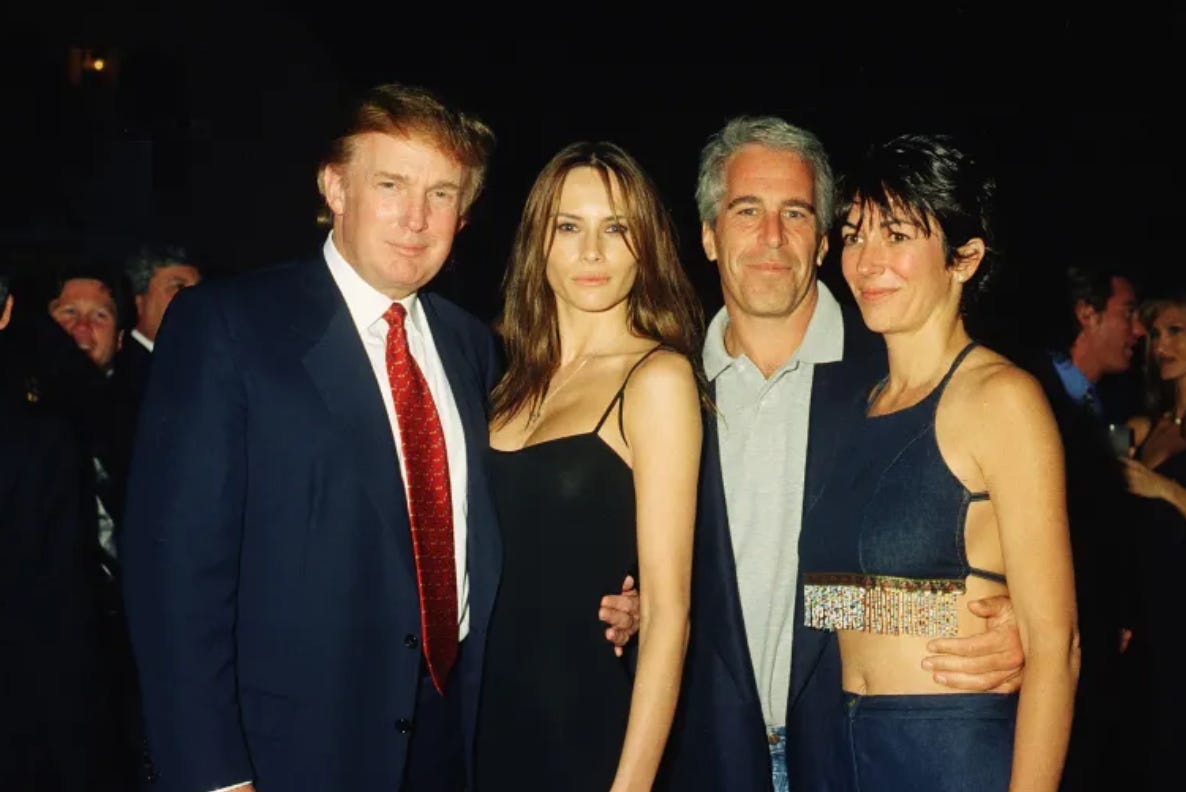One of the ways that I try to approach political writing is by sharing perspectives that I haven’t already seen explored. When new stories and controversies break out, it’s easy to fall in line with the million other journalists and commentators going over the same set of facts. I could talk about the specifics of Trump’s …
Keep reading with a 7-day free trial
Subscribe to The Gen Z Report to keep reading this post and get 7 days of free access to the full post archives.


